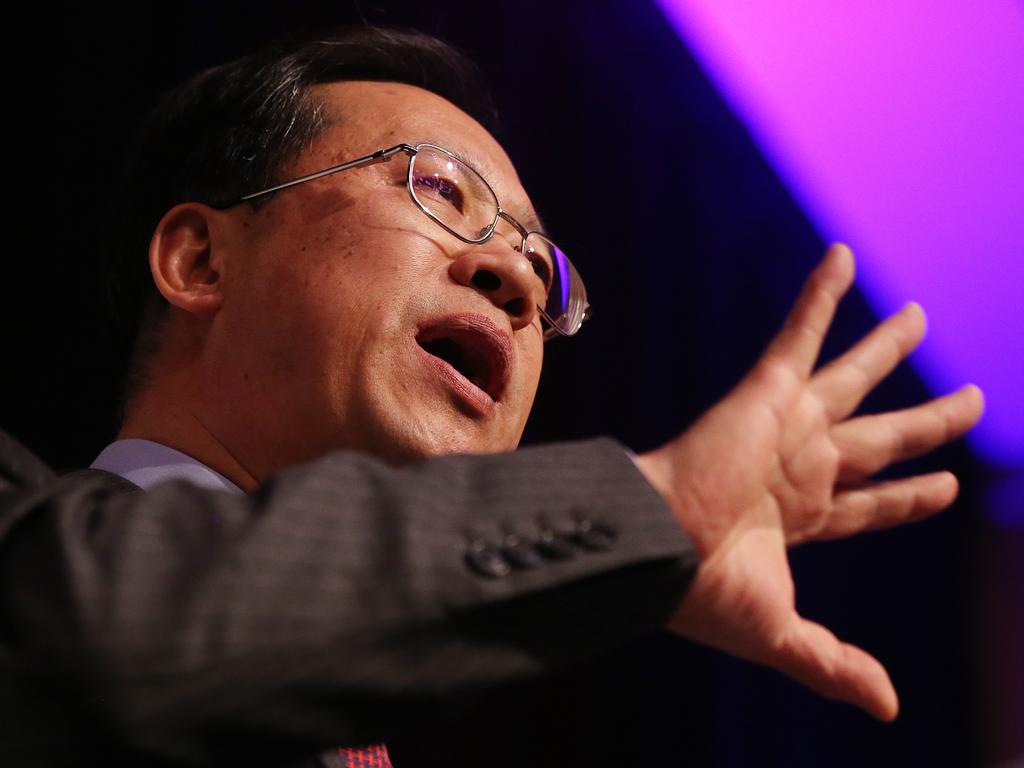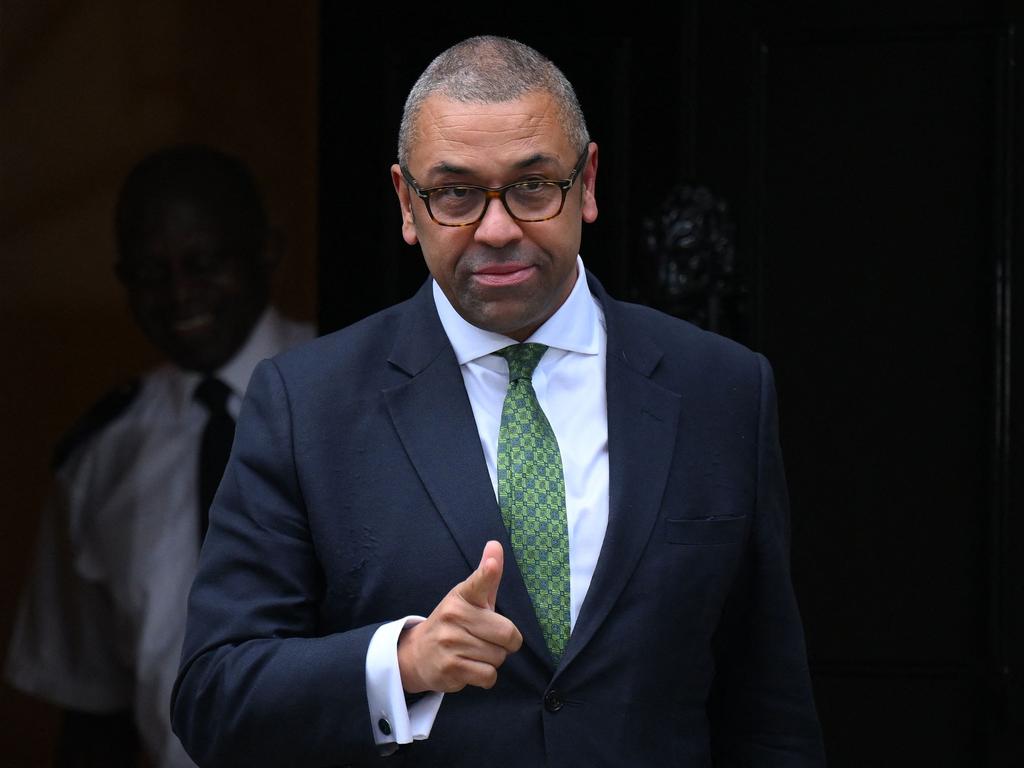
Ford, whose company was making some 30 per cent of its profits from the sale of Australian wine to China in the heady days of 2019 before the business was hit with tariffs from China, points out that TWE – best known for its upmarket Penfolds brand – has been significantly diversifying its business from its original focus on Australia.
Secondly, the move to supply the growing market for foreign wine in China, particularly in the wake of the start of the Australia China Free Trade Agreement in late 2015, came in response to a huge demand the size of which was not happening in any other market, particularly in Australia.
“It wasn’t about having all eggs in one basket,” he told a seminar hosted by the Australia China Relations Institute at Sydney’s UTS this week.
“It was having eggs in the basket where there is demand.
“If there is a demand and an opportunity, business leaders are wired to go after it.”
Selling large volumes of wine to China, he said, also helped with the company’s margins in other markets.
As he and the broader Australian wine industry watch as Australia-China relations improve- step by step – with talks currently underway for the possible resolution of Chinese tariffs on Australian barley exports, to the followed by talks on wine tariffs, Ford makes it clear he still sees China as a market with significant long-term potential.
Ford speaks as a veteran of the Australia China business – he made more than 20 trips to China as a TWE executive before becoming chief executive in July 2020 – with the scars to prove it – and has just come back from his first visit to the country in three and a half years.
But he is one which, despite the bath of fire over the past few years when its thriving business selling wine to China was all but wiped out by tariffs, has not lost focus on what it could be one day, particularly for the Penfolds brand.
2023 is a crucial year of change for the Australia-China relationship which is already seeing a removal of some of the official and unofficial trade barriers imposed as a result of deteriorating political relations between the two countries.
Visits to China by leading Australian business people including Ford have begun and there is a real momentum for change and resuming relationships as China reopens after its long Covid winter.
But the key issues of tariffs on Australian barley and wine are still to be resolved and there are ongoing issues of tension between the two countries.
Ford says the only thing wrong with the company’s strategy in China before the tariffs hit was that it should have started investing in the local Chinese wine industry 10 years ago, rather than three years ago.
The company has diversified and reinvented itself over the past few years, but the fact remains that the China market is still attractive for a range of Australian exporters – from iron ore, LNG, and coal to beef, barley, wool, infant formula and wine – because of its sheer size and potential for growth. As Ford says, there is potential for Australia to expand trade with other countries in Asia but – in the case of India – often touted as a potential replacement for the China market for Australian goods – Australian wine exporters are still facing significant tariff barriers despite the advent of the new Australia-India Economic Co-operation and Trade Agreement which came into force in December 2022.
There are lessons to be learned from being in the China market which can be a box seat into future consumer trends, particularly modern Asia consumers.
Not only has e-commerce become even more important in the Chinese consumer market than it was before Covid, but in China Ford sees what he describes as “the new Luxurians” – a younger audience of potential wine buyers, including women, who are prepared to pay a high price for brands they know and trust and see wine as a status symbol to be consumed at important events and for gift giving.
Australia’s relations with China and the optimism of the heady days of the potential before trade sanctions will not come back again any time soon. Meanwhile Ford is headed back to China again soon – one of many Australians now making the trek – with lessons learned and the future of ties with the country’s largest trading partner now in the balance.







Treasury Wine Estates chief executive, Tim Ford, rolls his eyes when he gets yet another lecture about the importance of Australian businesses being diversified and “not putting all your eggs in the China basket”.